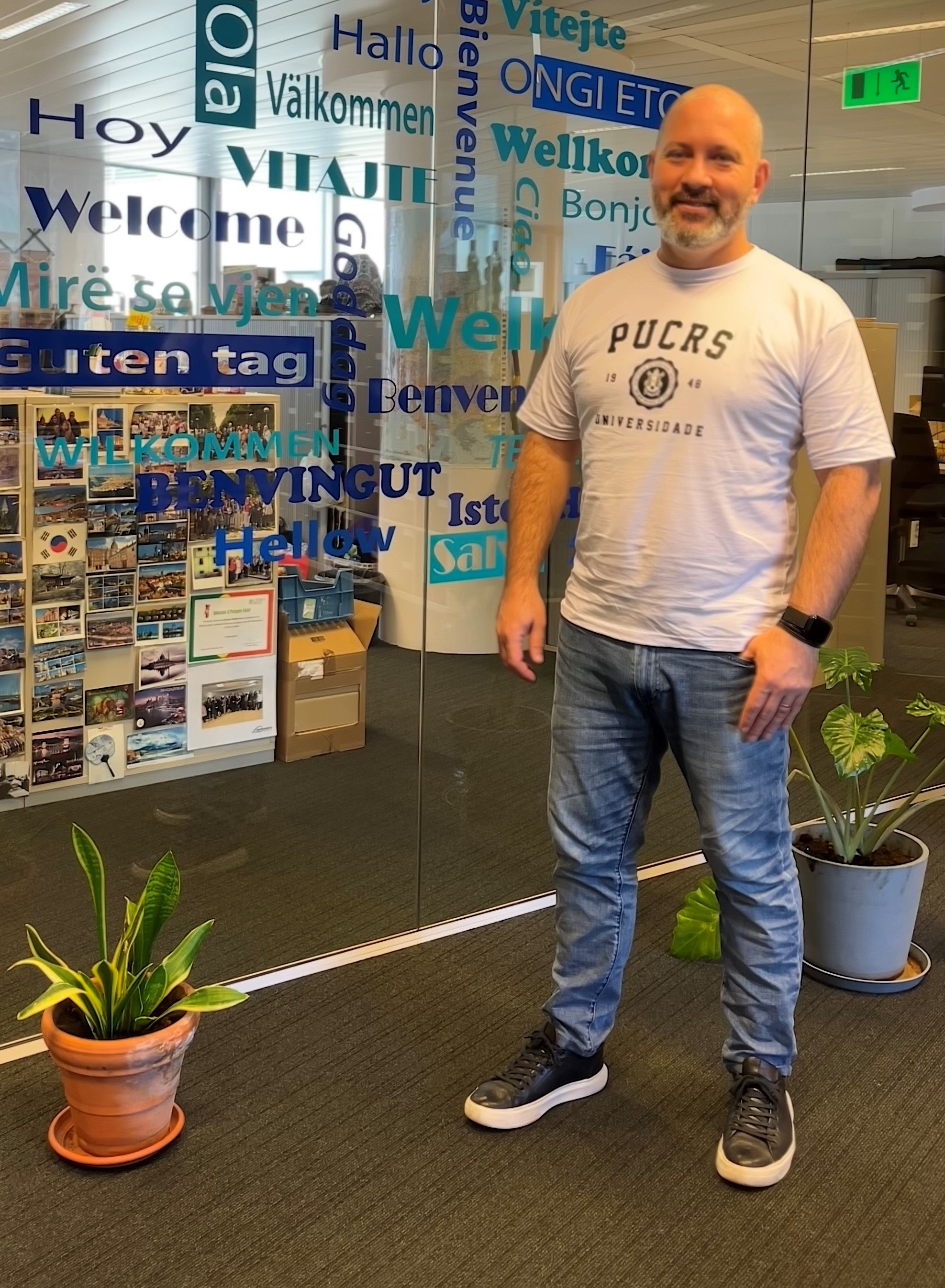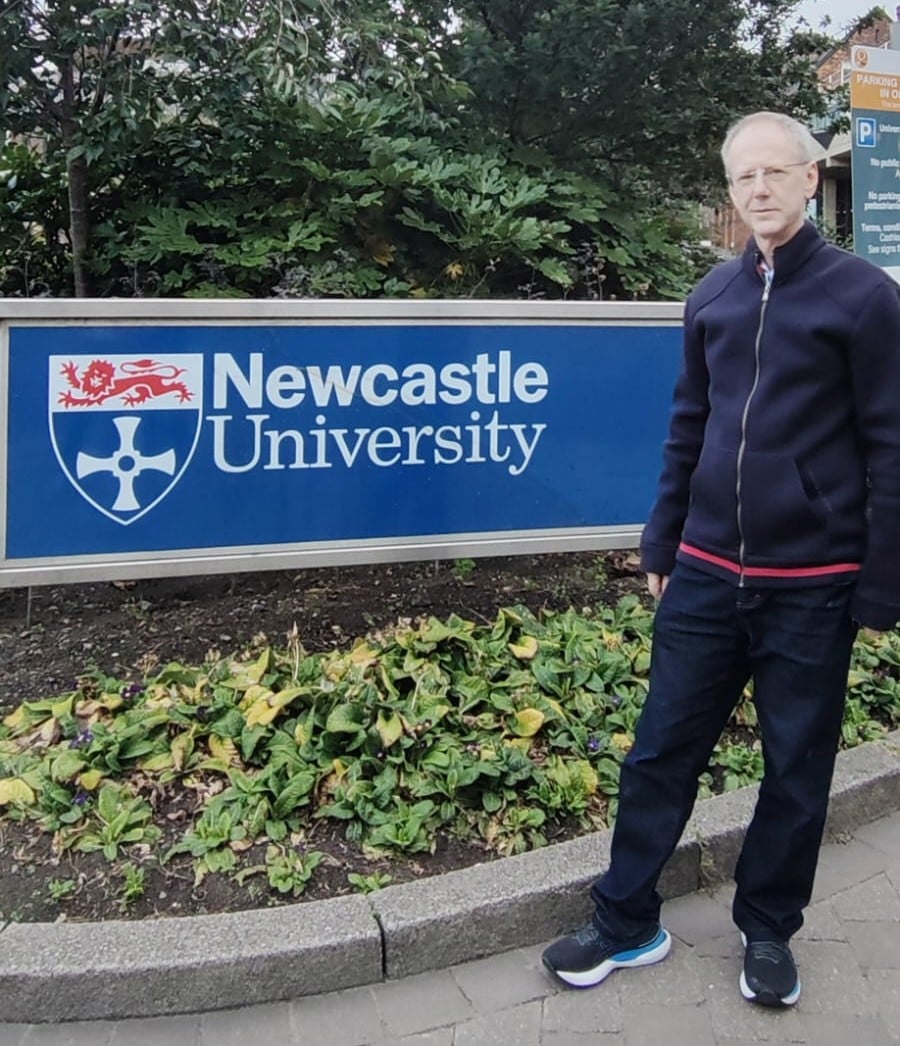Professors from the Schools of Humanities and Business carry out research in European universities
CAPES-PrInt Program at PUCRS allows professors to strengthen international research relationships

Photo: personal archive
Through the Institutional Project of Internationalization (PUCRS-PrInt), University faculty can go to partner universities as visiting professors and carry out missions abroad. This means the exchange of information, data, and research results can be multiplied and discussed with different perspectives from international professors. In addition, they can develop new strategic partnership opportunities for education and scientific impact. Get to know some of the professors teaching abroad:
Clécio Falcão Araujo
Professor at the Business School and the Graduate Program in Business Administration, Clécio Araújo is a visiting professor at Katholieke Universiteit Leuven, in Belgium, the oldest Catholic university in the world, founded in 1425. The institution stands out as one of the most innovative European universities. During his time abroad, the professor has collaborated in two projects with professor Yves Van Vaerenberg that seek to understand the relationship between consumer and brands, a topic that the professor has been working on for some time. These projects include the participation of researchers from the USA, Belgium, Australia, and Brazil.
The diverse environment, combined with cutting-edge research from KU Leuven, have been driving factors for the development of new discoveries. “My experience has been enriching, since we hold weekly meetings to discuss our discoveries.” The professor also states that the multicultural environment makes all the different for these new findings. “The marketing department of KU Leuven holds monthly seminars with researchers from various universities, and doctoral students present their findings so faculty members can discuss them. During this time at KU Leuven, I had the opportunity to watch and participate in the selective process for new faculty members,” he says.
Upon his return to PUCRS, the professor anticipates the increase in international collaboration with KU Leuven researchers, as well as the expansion of the conducted work. “I am certain that this experience will contribute to the internationalization of the graduate program in Business Administration, as well as solidify my international research network,” he points out.
Rafael Machado Madeira
Professor at the School of Humanities and the Graduate Program in Sociology and Political Science, Rafael Madeira, began his relationship with researchers from Universidad de Granada (UGR), from Spain, only recently. However, PUCRS and the Spanish university have a history of over ten years of partnerships and interactions.
The topics researched by the faculty member are thoroughly explored by the university, and his wish for it was instinctive. “UGR has always been a highly attractive university for my academic interests, considering it allows me to work simultaneously on my research themes. From this initial analysis, I took the initiative of seeking contact with professor Carmen Ortega Villodres, who, after reading my research proposal, accepted to welcome me at UGR,” explains Madeira. During his time abroad, the professor has worked on the research project titled A construção de um banco de dados sobre padrões de recrutamento de elites políticas e sobre padrões de carreiras políticas dos deputados federais eleitos sob o sistema bipartidário (“The construction of a database on patterns of political elite recruitment and on the political careers of federal deputies elected under the bipartisan system”).
In the past months, he has been busy seeking databank updates from his project on the internationalization of Brazilian political science. This made it possible for this data to serve as foundation for the creating of an article to be published in a foreign journal. For the following months, the professor wishes to continue to further his work and create new opportunities for professors and students. “I intend to pave the way for a greater future collaboration between the institutions, like the exchange of faculty members in PhD internships and possibilities of joint-supervision with double degree,” says the researcher.
In addition, being in a new research environment has expanded horizons for the professor regarding the research and teaching process in different countries. “It has been very interesting to see how academia is structured and organized in a very different way from ours. We normally tend to naturalize our way of doing/conceiving things. One you leave your context, you understand that our way is only one of the countless possible ways academia can be organized in. This causes some discomfort at times, but is an extremely enriching and challenging experience,” he points out.
Adalmir Antonio Marquetti

Photo: personal archive
Serving as a visiting professor at the University of Newcastle, in the United Kingdom, the professor at the Business School and the Graduate Program in Development Economics, Adalmir Marquetti, could finish book that will be published next year by Routledge, with the title “Unequal Development and Capitalism: Catching up and Falling behind in the Global Economy,” where he discusses the historical processes of development of 40 countries in Asia, 20 in Latin America, 18 in Central and Eastern Europe, and 47 in Africa, in comparison with the United States, from 1970 to 2019. PUCRS and Newcastle University maintain an almost decade-long partnership, encompassing different areas of knowledge.
In addition, in partnership with a professor from the English university, a co-authored article is being produced, combining the analysis of Participatory Budgeting experiences in Brazil with the cases of mini-publics in England. In this experience, Marquetti highlights learning opportunities. “Life abroad is a moment to learn about the local reality and the country you are in. More importantly, it allows us to distance ourselves in order to better understand the work we carry out at PUCRS, as well as the reality of our country,” explains the researcher.
For the future, the goal is to enhance international teaching and learning opportunities. “I also hope students get to experience studying in a university abroad and a new partnership between PUCRS and Newcastle University can be established. Everyone benefits from the consolidation of the process of internationalization of PUCRS.”






